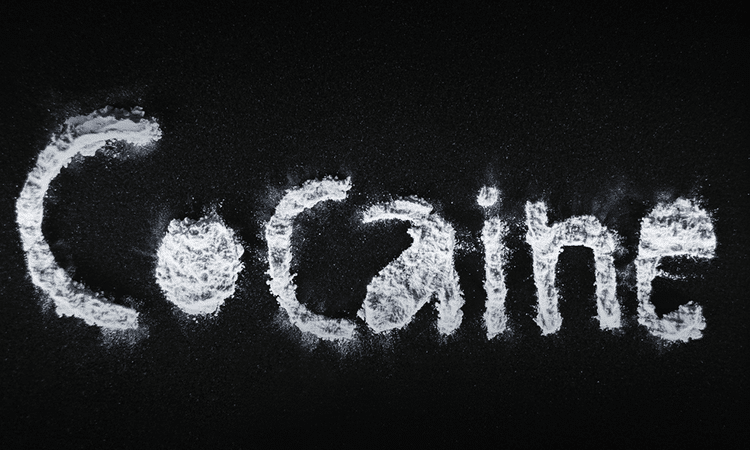[rank_math_breadcrumb]

Cocaine is the second most trafficked drug in the world. The National Survey on Drug Use and Health in 2006 reported that about 35 million Americans above the age of 11 had used cocaine before. Most drug rehab centers in the United States, report that cocaine is the most used drug among patients in their drug rehab programs. It is, therefore, no surprise that a lot of time is being spent researching this illicit drug and its effects on the human mind.
Cocaine is in high demand because of how it works. The drug works by causing the brain to produce more dopamine –basically a pleasure chemical-. This leaves the user in a very pleasant or satisfied mood –literally a high-. This feeling can leave the user addicted to the drug. The trouble arises when the excess dopamine produced stops brain cells from communicating resulting in several neuropsychological problems.
Effects of Cocaine Abuse
Continuous use of this drug and also withdrawal from using it have been recorded to affect users in numerous ways. The effects may vary based on how long and how much the abuser used. These effects include
Impairment of Attentive and Executive function of the brain
cocaine abuse has been linked to the poor performance of the brain for a while now. But there no more concrete evidence regarding that. Amongst former users, a drop in attention alongside poor decision-making skills has been noted.
Memory Loss
Those suffering from withdrawal from the drug have been noted to exhibit poor memory. For a fact, the longer the abstinence the more pronounced the memory deficits.
Attraction to other addictive substances
Cocaine abuse tends to cause the user to consume other addictive substances, mostly cigarettes, and alcohol. This is born out of a need to get high constantly. This need leads to a dependency on other addictive substances in the absence of cocaine.
Interestingly, cocaine abuse does not affect the motor skills or the facial and emotional recognition of a patient.
Treating the Addiction
There is little way to determine how long and how much a patient has in their system, but perhaps the common urine test may suffice. The test offers an estimate of how much the drug abuse has affected the patient’s functional abilities and may help drug rehab centers in their work of ridding patients of their addiction.
When it comes to substance abuse treatment, a visit to rehab centers in the vicinity may be the best bet. This also includes treating cocaine addiction. There is no actual medicine to take to get rid of the addiction, but behavior therapy may help. Talking to others who also suffer from addiction has been known to help prevent relapse in recovering addicts.
There is also value in partaking in motivational incentives. Giving rewards to patients has been known to help them preserve and fight their addiction. There is also ongoing research into drugs that may rid patients of the addiction in the long run.
Testimonials
[smartslider3 slider=”5″]

